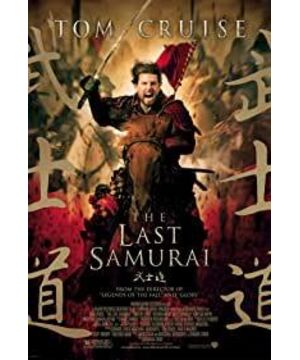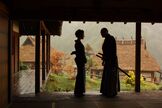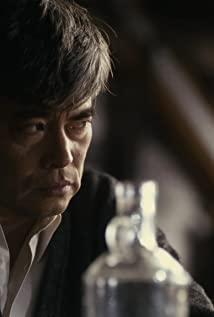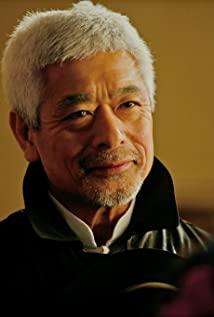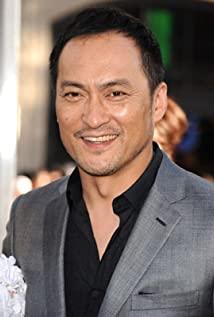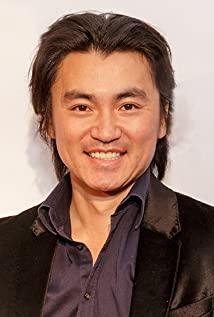But one question I have been thinking about after watching the film is, what kind of samurai spirit is being promoted in this film? Treat death as home? Respect tradition? What is this rebellious general resisting? The emperor wanted to buy new weapons for Japan's strength, and the samurai rebelled. Do I feel that this film is a serious joke? Using knives and flesh and blood to block the cannon, of course, the scene is teary, but don't you tell me that you asked for it? So, while watching and crying, I think this movie is a bit inexplicable.
Although the emperor finally said that he would not sign the contract, it was a contract for the sale of weapons. How did it provoke everyone? The tradition and the people were moved out. Don't forget that the rebelling warriors have not been blasted except for the male protagonist's own halo, are they all dead? It seems that a small stone was hit on the way of history. History trembles a bit, but some people filmed a three-hour scene around the small stone.
It's not that the samurai's spirit is bad, it's not that it's bad to maintain the tradition, but that this film makes these all inexplicable. A good-looking film, but this good-looking film can't stand scrutiny.
View more about The Last Samurai reviews


